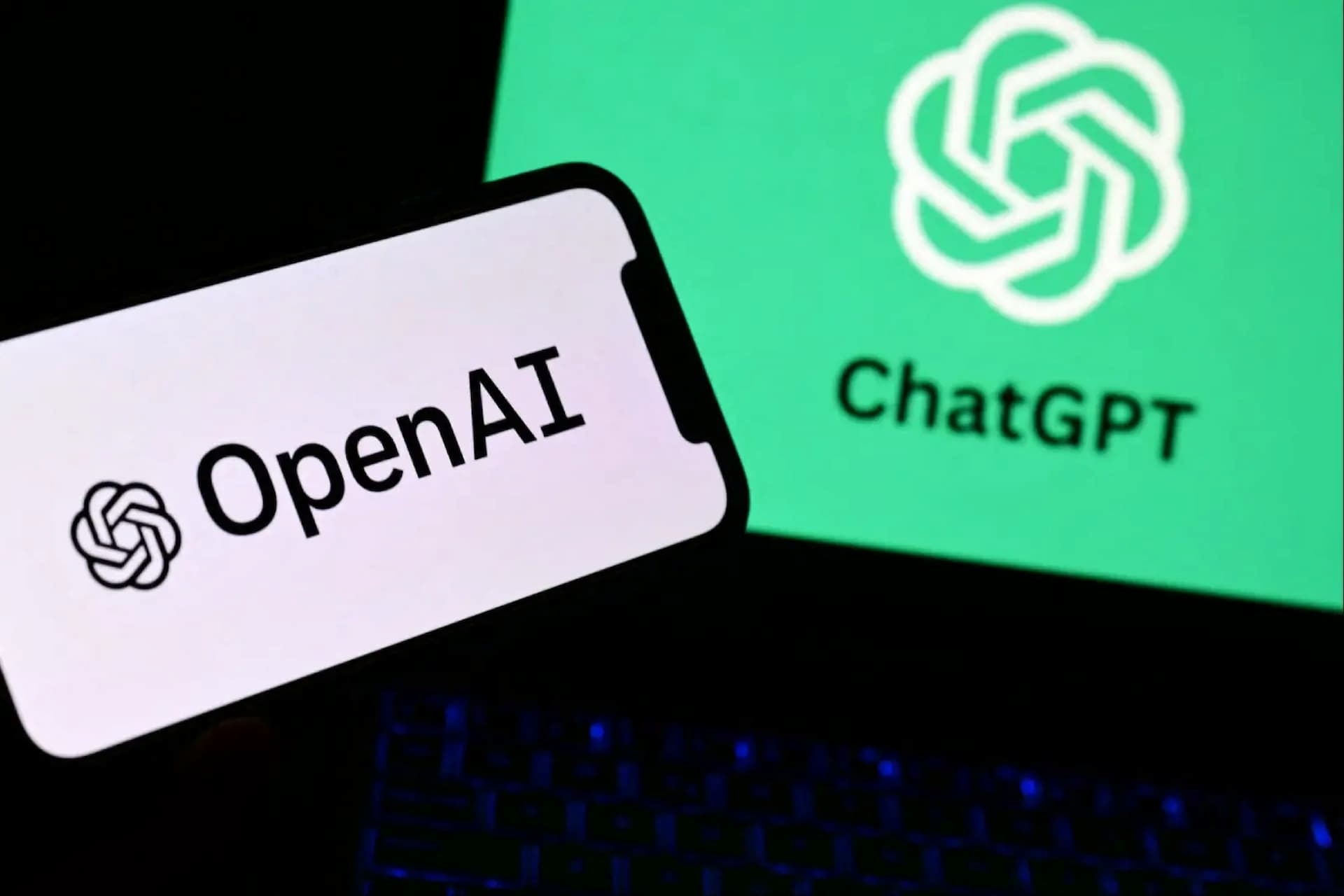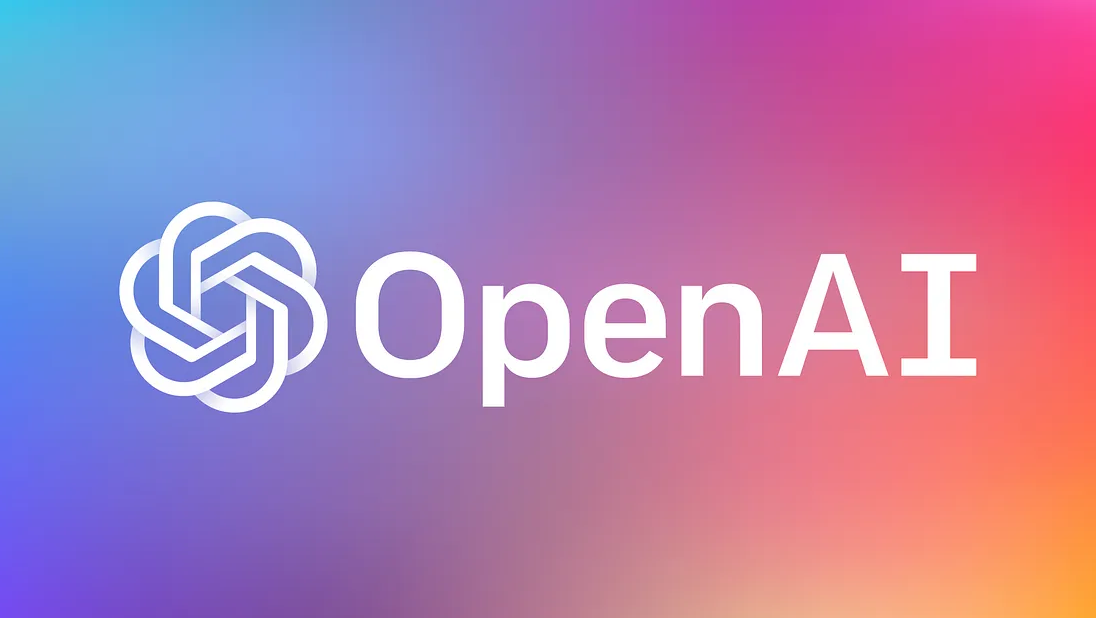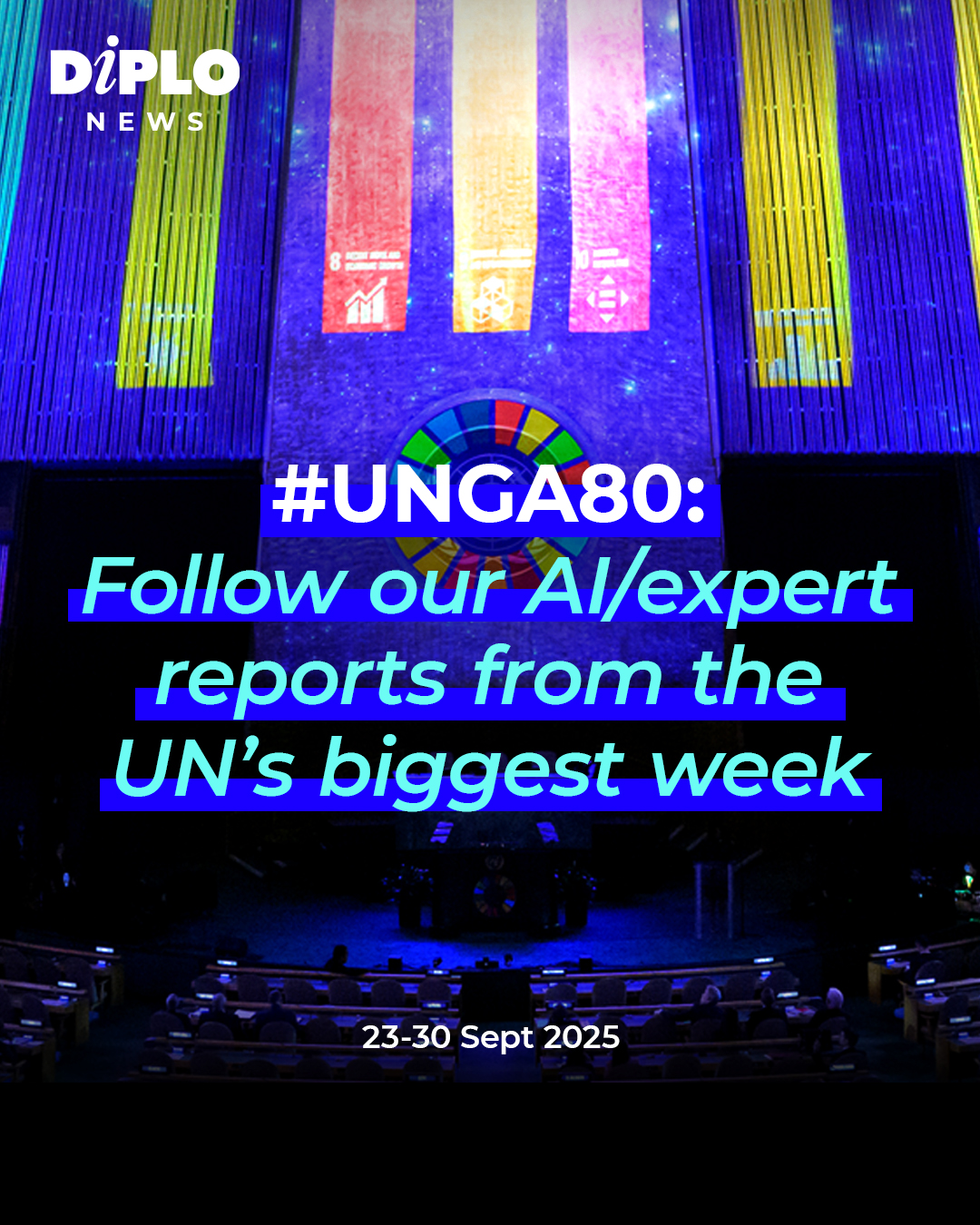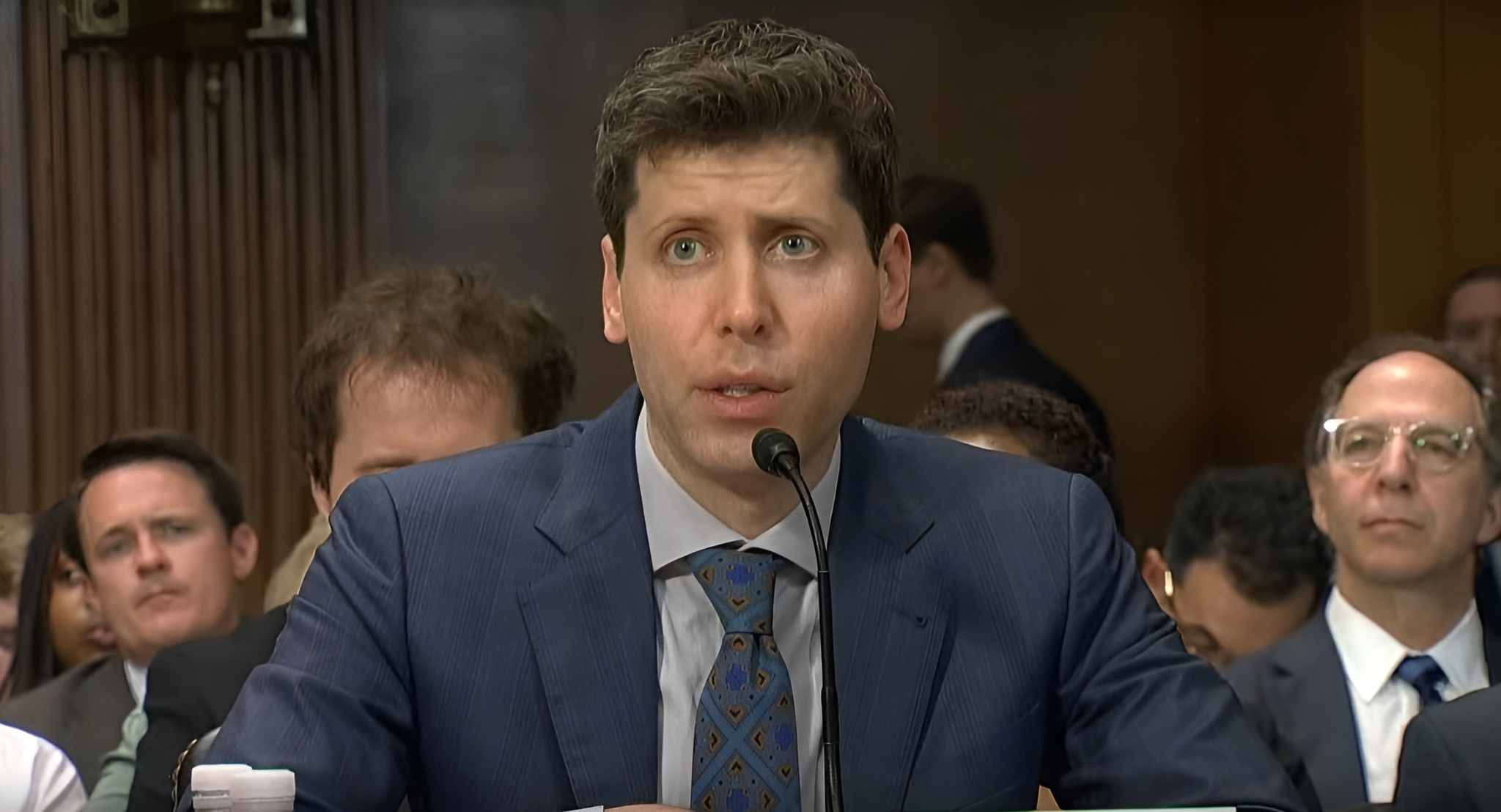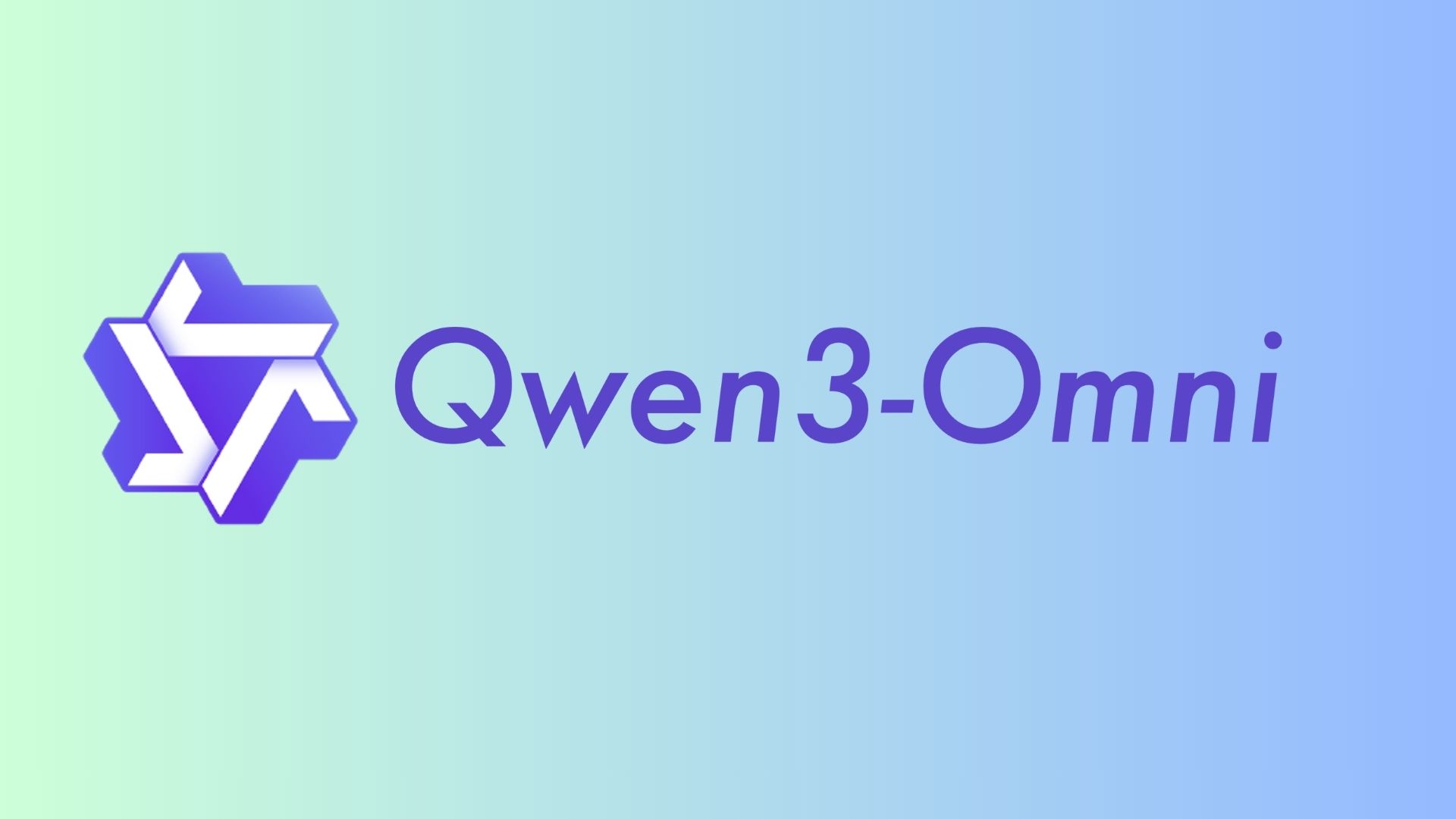OpenAI and Meta are adjusting how their chatbots handle conversations with teenagers showing signs of distress or asking about suicide. OpenAI plans to launch new parental controls this fall, enabling parents to link accounts, restrict features, and receive alerts if their child appears to be in acute distress.
The company says its chatbots will also route sensitive conversations to more capable models, aiming to improve responses to vulnerable users. The announcement follows a lawsuit alleging that ChatGPT encouraged a California teenager to take his own life earlier this year.
Meta, the parent company of Instagram and Facebook, is also tightening its restrictions. Its chatbots will no longer engage teens on self-harm, suicide, eating disorders, or inappropriate topics, instead redirecting them towards expert resources. Meta already offers parental controls across teen accounts.
The moves come amid growing scrutiny of chatbot safety. A RAND Corporation study found inconsistent responses from ChatGPT, Google’s Gemini, and Anthropic’s Claude when asked about suicide, suggesting the tools require further refinement before being relied upon in high-risk situations.
Would you like to learn more about AI, tech, and digital diplomacy? If so, ask our Diplo chatbot!


